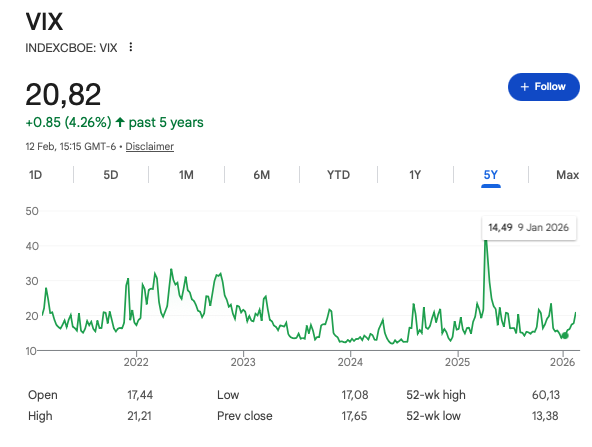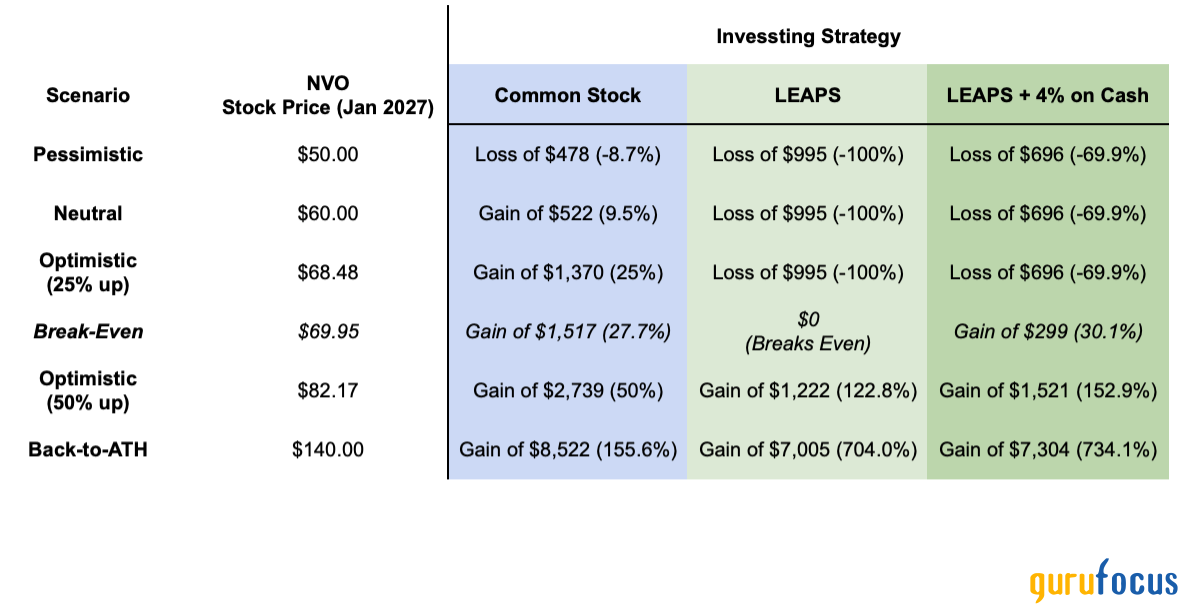You all know what Apple, Inc. is about and perhaps you are also very much familiar with its great margin figures (gross margin, income margin..). With this post I’d like to add something on the valuation of $AAPL by reviewing the quality of its management team. Warren Buffett himself invented a simple yet tough to manipulate rule to evaluate the CEO (and its team): the so-called “$1 test”. The rule states that a company must generate at least one dollar of *market capitalization* (stock price appreciation) for every dollar of *retained earnings*. In accounting the item “retained earnings” refers to the residual amount of net income after the company has paid dividends (Net Income - Paid Dividends). The aim of this simple test (“$1 test”) is to evaluate management and capital allocation effectiveness (i.e. maximization of shareholders returns). Indeed, before every investment decision in both tangible and intangible assets, a company must do a cost-benefits analysis with the high level of uncertainty that comes with it. The simplicity of the “$1 test” is coming from the data required and the lack of vagueness in both retrieving these infos and bypassing the privilege (and time-consuming) act of getting to know the CEO personally. Warren Buffett came up with the “$1 test” in a rare writing of the 1980s (business principle #9 from the very first Owner’s Manual in 1983): “ We feel noble intentions should be checked periodically against results. We test the wisdom of retaining earnings by assessing whether retention, over time, delivers shareholders at least $1 of market value for each $1 retained. [...]. [...] apply it on a five-year rolling basis. As [...] net worth grows, it is more difficult to use retained earnings wisely. The basic meaning of this business principle is that earnings retention must, in the long run, deliver at least $1 in market value to shareholders for each $1 that management retains. It had the virtue of simplicity and was also very easy to measure.“ During long-lasting bubble times (as the 2000s), it is difficult to evaluate the performance of CEOs based on share price performance alone hence it is difficult to evaluate the wisdom of earnings retention using that variable. Acknowledging that, Buffett updated the Earnings Retention Test incorporating a comparison with the S&P and focus on book-value: “ I should have written the “five-year rolling basis” sentence differently [...] The five-year test should be: (1) during the period did [...] book-value gain exceed the performance of the S&P; and (2) did [...] stock consistently sell at a premium to book, meaning that every $1 of retained earnings was always worth more than $1? If these tests are met, retaining earnings has made sense. “ The table below shows Tim Cook’s performance in the $1 test. For the market cap I tried to mask the physiological volatility by taking the average annual number. I decided to isolate the recent two years (because they may be positive outliers) and provide results separately. Results are still astonishing: in the decade 2011-2021, Apple generated an average $5.08 of market cap for every $1.00 retained (or $2.2 Trillion of market cap for “just” $441 billion of earnings retained). from 2015 to 2019 the company created an average $2.04 of market cap for every dollar retained. So even if we consider a time frame without the last 2 years of unusual growth, the numbers are still great. for the biennium 2020-2021 it is $6.53 of market cap for every dollar retained. In conclusion, I maintain a bullish rating on the Company and intend to hold onto it at least until Tim Cook remains in the management team. : I am/we are long AAPL. A Little Bit of Context on Retained Earnings
The Origins of the Test
Results

Source: Author's Work
Disclosure
info@peterlavi.com
About
Physician (MD) ・Stocks and ETFs investor ・10+ years of investing
・Keen on reading, reading and reading ・Writing on Forbes, SeekingAlpha, GuruFocus, and Yahoo Finance
This material is provided for informational purposes only and does not constitute investment advice. Trading financial instruments involves significant risks, including potential loss of capital.
Past performance is not a reliable indicator of future results.
Market prices fluctuate, dividends and returns are uncertain, and exchange rate movements may affect investments denominated in foreign currencies. Each individual must assess their risk tolerance accordingly. No universal investment formula exists, and no financial instrument is risk-free. The data used in this material is obtained from sources believed reliable, though accuracy cannot be guaranteed. Being an investor means assuming risk with the aim of achieving returns.
Your capital is at risk | Copy Trading does not amount to investment advice | Your investments value may go up or down
www.peterlavi.com ©




